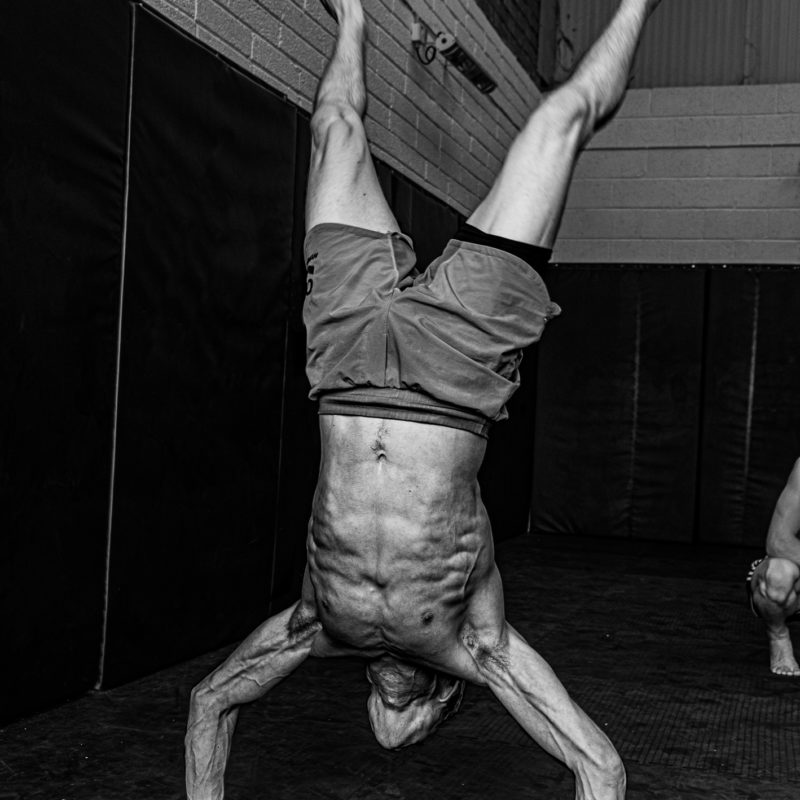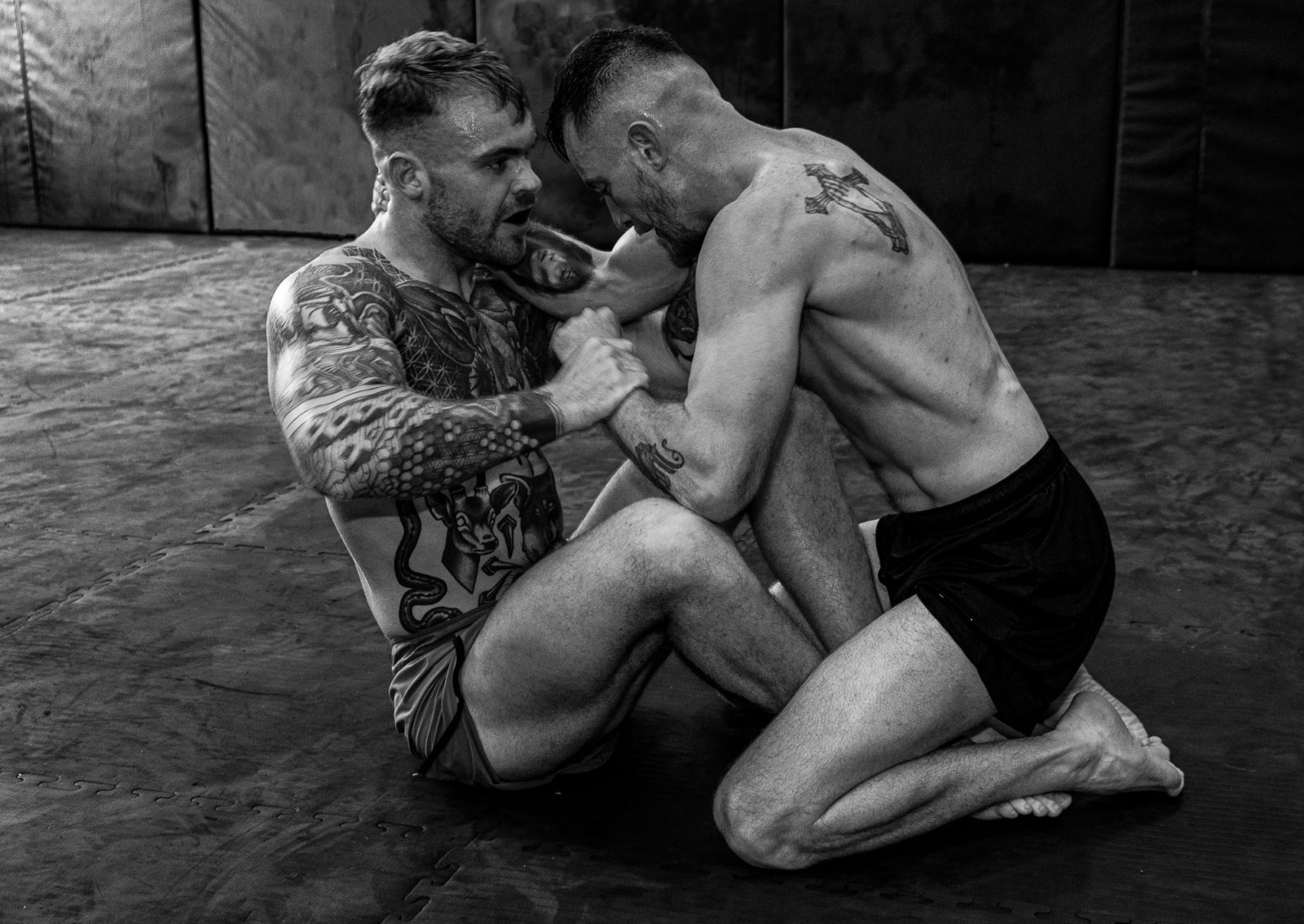
When did you discover photography?
Technically ten years ago, as I got my first camera at twelve but I didn’t start to take it seriously until around 17. This was when I discovered the photojournalistic work of Don McCullen, I thought wow he’s really good, I was looking at his work and I was like fuck I want to do that. Even now I still feel the same way. His work was the first time I recognised a photographer who could have impact on the viewer and those in the photograph. That was the first time I was truly engaged with photography and thought I could follow this as a career.
I remember the first time I used a camera. My family and I were at a vintage car show and it had begun raining, so everyone ran and took shelter in this shed. My dad left me with his camera in the shed as he ran out to find my mam and brother. When he came back, he wasn’t able to find me at first, he panicked until he found me at the back of the shed taking photos of water droplets falling into a puddle. I didn’t notice him frantically looking for me as I was so mesmerised by this puddle.
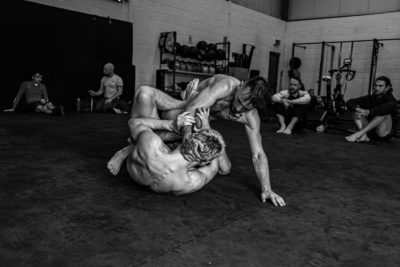
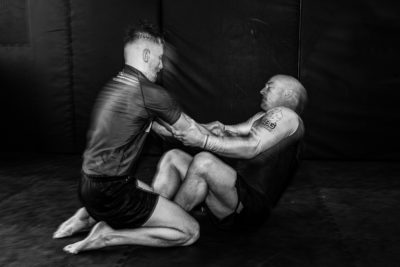
What was it about Don McCullen's work that interested you?
The rawness of it, how “real” it was, well at as real as photography can be. Also the broad range of his work, from journalistic photography to more of the fine art stuff. His work covers the human condition, depicting those stuck in war, or simply downtrodden because of their place in society. His work introduced me to documentary photography and the grotesque side of the medium.
Do you think his work has influenced you?
Definitely, I always find myself veering towards documentary photography whenever I’m thinking of ideas for projects. Especially my most recent project where I opted for black & white and followed more stylistically classical forms of documentary photography, as the unseen observer.
However, I did involve the subjects of my project in the development of the project all along the way, there’s a relationship between the subject and the photographer people didn’t consider back then the use of words like “capture” and “shot” relate back to this idea of the photographer overbearing the subject and the use of photography to turn people into objects, I try and keep that out of my work.
Do you think your Irish identity has affected how you viewed his work?
It was great to see Irish issues and the Northern Ireland troubles out on the same level as other issues in the world. It was very validating to have someone see your troubles as real, not just being “the troubles”. On the topic of identity, Don McCullen mentions in his autobiography his own struggles with learning disabilities, which made me relate to him and feel more validated in my own struggles. It also made me realise that people with learning disabilities can progress and make great achievements, not this idea of being useless which is what I thought at the time.
Do you think you use photography as a way of breaking down barriers?
I haven’t used it as a tool to break down barriers with other neurotypicals specifically, but I can see how it would be used. I have noticed that many people I attended college with were neurotypical. I find that the camera is a good conversation starter and that people either open up or freeze up in front of it, but then its my job to make them feel more comfortable.
“I find that the camera is a good conversation starter and that people either open up or freeze up in front of it, but then it’s my job to make them feel more comfortable.”
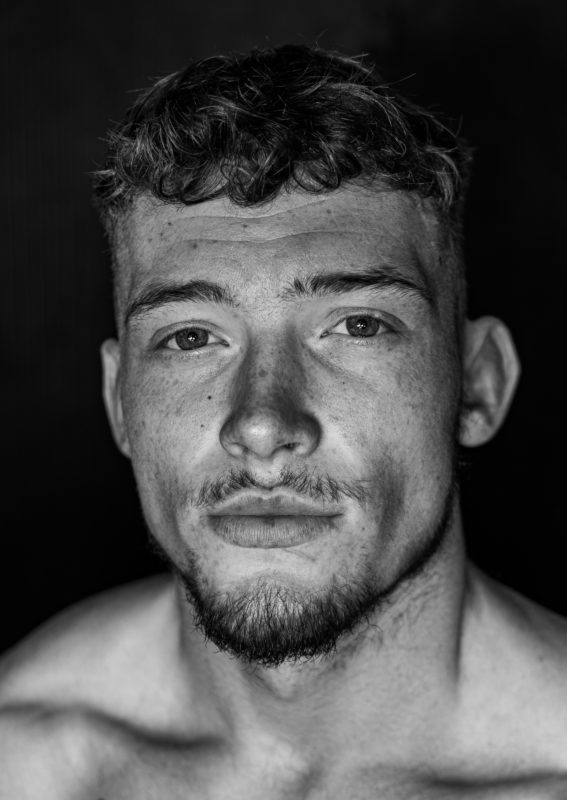
You just completed your final project, summarise what motivated you and what you hope people gain from viewing this collection?
Yes I just finished Choke Hold, 10-week study and investigation into Jiu Jitsu, focusing on a local gym in Mullingar, LakeLand Jiu-Jitsu. I wanted to document every facet of this martial art, the techniques. the victory, defeat, the friendships, and finally, I wanted to explore the duality between intimacy and violence among training partners. I hope people recognise the intimacy and grace of this martial art and appreciate the fine art images I created.
Where can we find more your work?
You can find me at my Instagram @markleahyphoto or on my website below…
